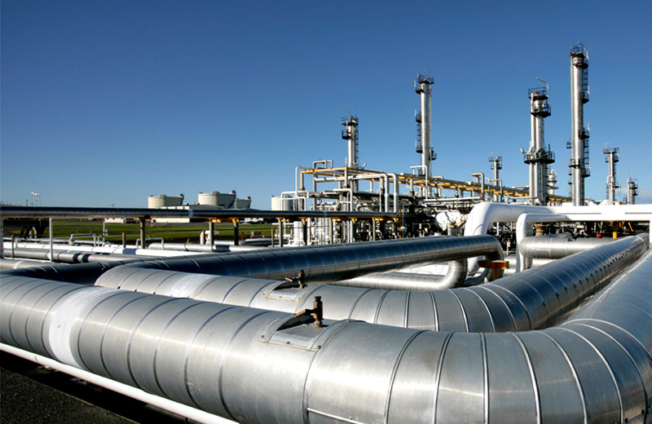Even as Ghana gears up for the Continental Free Trade Agreement Area in 2021, existing weaknesses in the country’s export sector pose a threat to competition, home and abroad.
A strategy document on the National Export Development Strategy (NEDS) cites; “infrastructural deficit in electricity, water, road and rail networks; insufficient incentives for export, difficulty in the access to credit and high cost of borrowing,” among others as areas needing urgent intervention.
The Continental Free Trade Agreement Area - with a trade potential of 3 billion dollars - has pressured African economies to milk out the best goods distinction and trade incentive to be highly competitive and profitable.
“The potential dynamic benefits of the AfCFTA are particularly important. Larger integrated markets may well be more attractive to investors and along with new investment could come new technologies and learning that could boost productive capacity”.
Executive Director, Trade Law Center and member of the committee for development policy, remarked in an op-ed to the World Bank.
The 10-year NEDS program has, in ink and print, spelled out interventions to deal with these shortfalls.
In a 12-point intervention strategy, NEDS included connecting leading local companies to global value chains of giant multinationals and the World Food Program to provide ready market and technical support to local companies. Highlights include;
- Application of fiscal incentives and measures to reduce production costs, enhance competitiveness, reduce risk and cost of doing business.
- Provision of effective marketing support to export-oriented companies and industries under the One-District-One-Factory program.
Over the past thirty years, Ghana has enhanced its status in international trade. The country has recorded substantial expansion in total exports (traditional and non-traditional) and imports.
However, the recent weak performance of the Non-Traditional Exports (NTEs) sector and other adverse developments in the external sector have revealed the risks and weaknesses and uncertainties associated with over dependence on a limited range of raw export commodities.
Latest Stories
-
Six houses belonging to herdsmen torched in Gomoa Amenfi over farm dispute
2 hours -
Int’l. Islamic Youth League, African Youth Devt. Centre supports Muslim community during salah celebrations
2 hours -
Kumasi fire: A/R Minister halts creation of new lorry terminal after fire
2 hours -
Vanuatu Trade Commissioner to Ghana Amb. Prof Hugh Keku Aryee wins ‘Best in AI Innovation’ award
3 hours -
Anlo-Afiadenyigba Youth Council congratulates Wisdom Seade on Keta MCE nomination
3 hours -
Gov’t undertakes initiative to prevent conflicts in Volta Region – James Gunu
3 hours -
Suhum Children’s Hospital in distress; ‘Love Without Walls’ to the rescue
3 hours -
The death of a legend of legends – Teddy Osei of Osibisa
3 hours -
Ja Rule tours National Museum ahead of Nuaso school commissioning
3 hours -
Agotime-Kpetoe market women protest NDC’s failure to appoint female DCE
3 hours -
Anas Aremeyaw Anas’ investigative film, “Invisible Hands” streams on Delta Airlines
3 hours -
Ghana Month series: Exploring the evolution of Ghana’s currency
3 hours -
Howo Max Tractor launches in Ghana
4 hours -
Stakeholders meet in Keta to address illegal fishing practices in Volta region
4 hours -
Mustapha Gbande applauds Mahama’s commitment to completing Agenda 111 hospitals
4 hours

